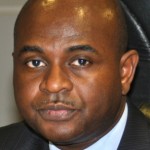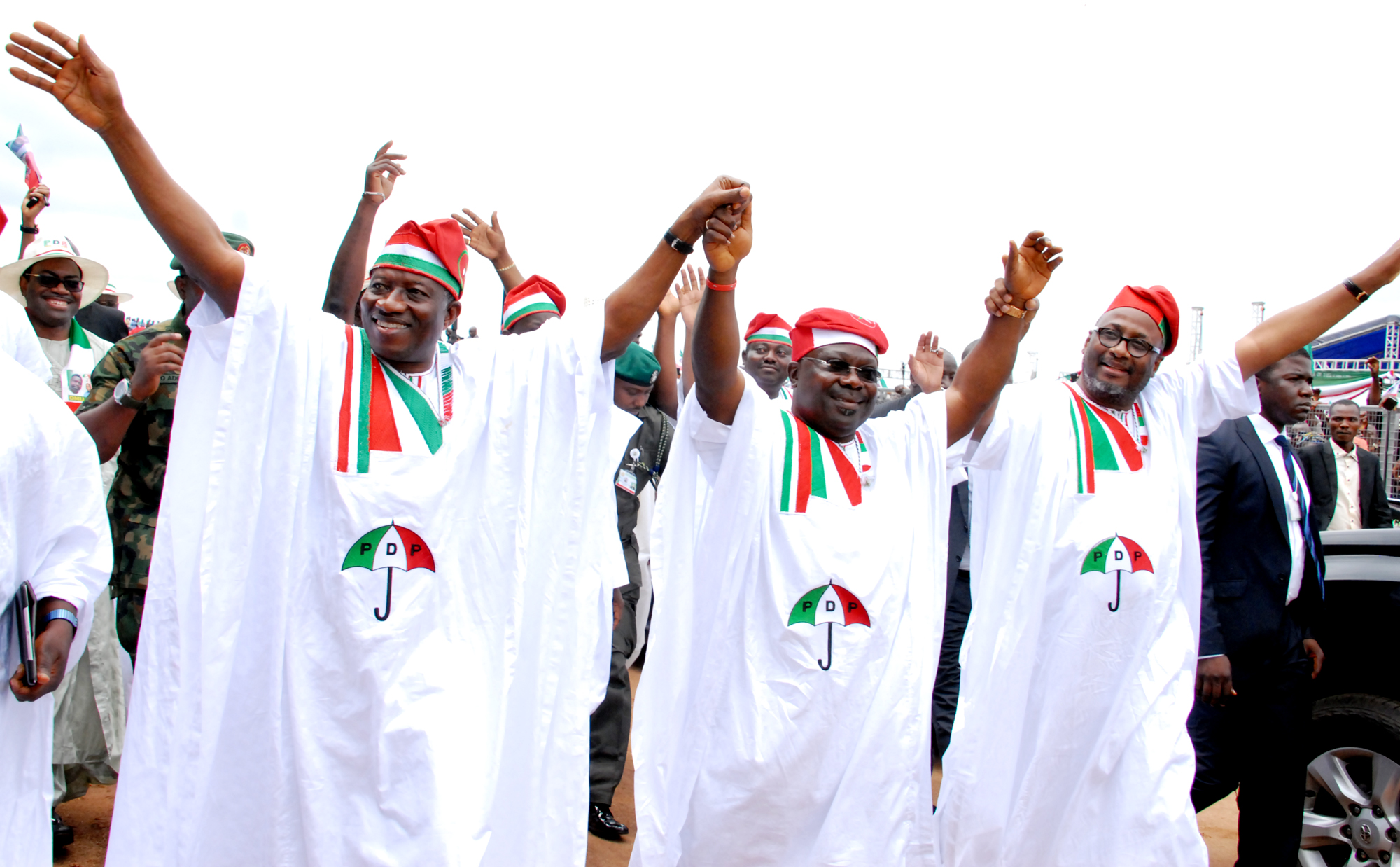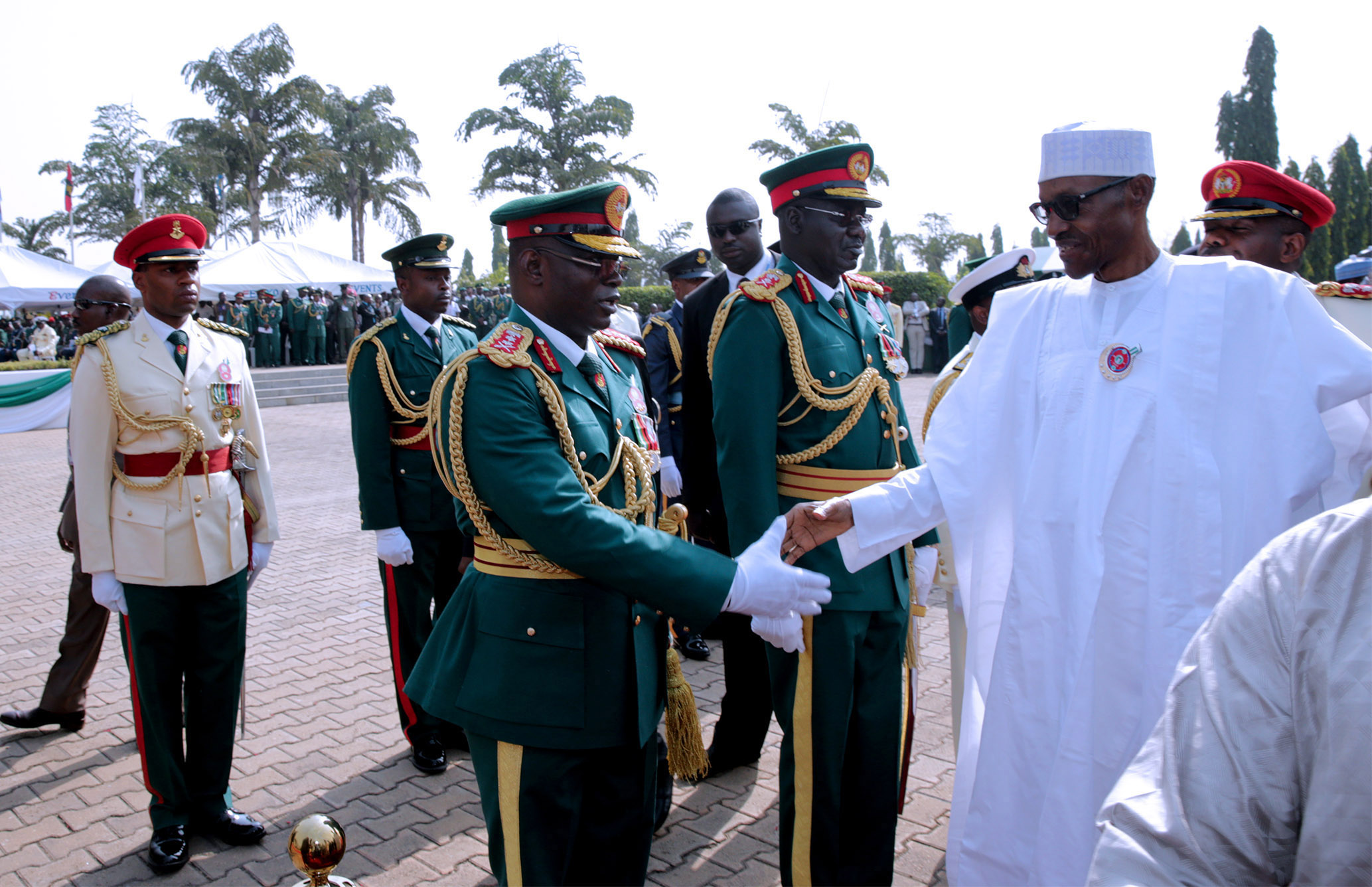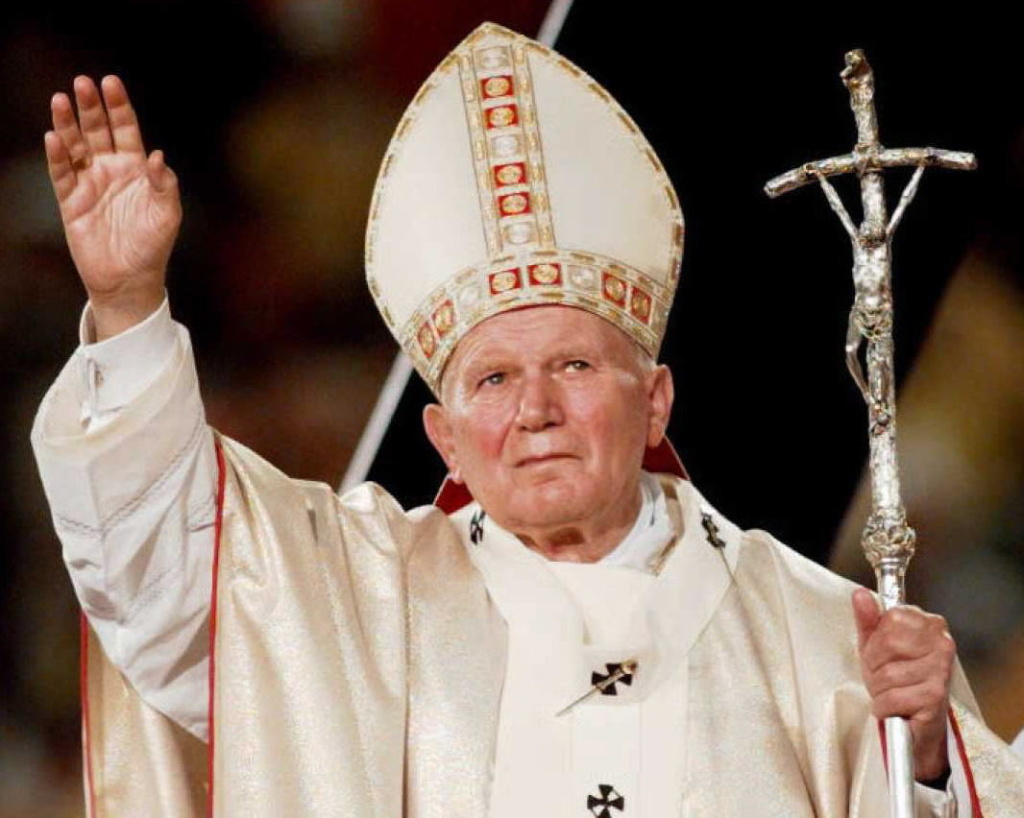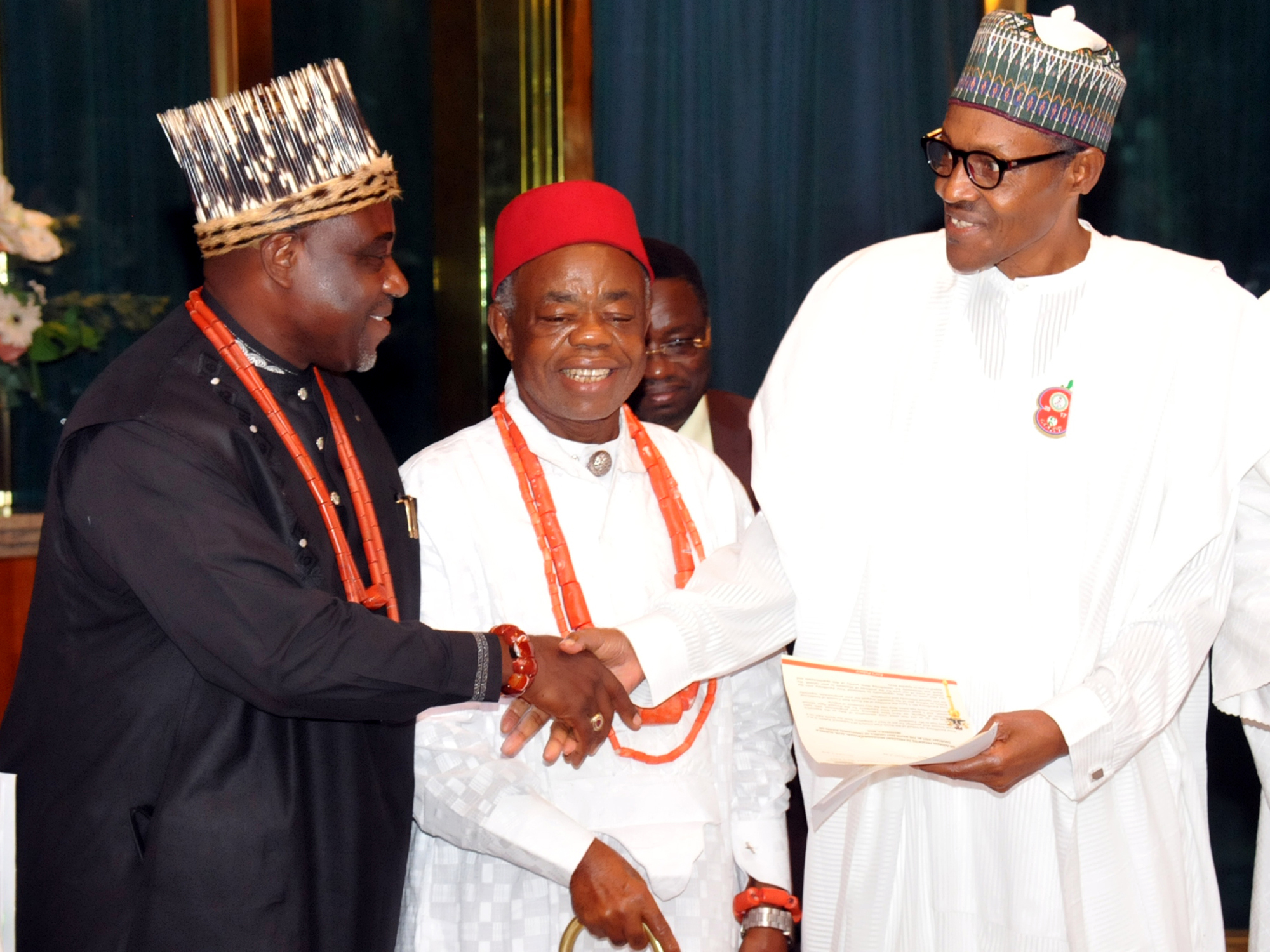Let’s get real. The answer is “No”. They can’t. Certainly not the vast majority of the dominant political leadership class we have in our country today.
Let’s just spend a little time explaining why they can’t. And then figure out, as citizens, what to do to save Nigeria. Our focus, I believe, should be on the future we want and how to create that future for ourselves, the young men and women that make up our large youth population, and our children. The past is important mainly for the lessons we should have learnt from it. As the character Sebastian says to his friend Antonio in Shakespeare’s play “The Tempest”, ‘whereof what’s past is prologue, what to come, in yours and mine discharge’.
As the 2019 elections and another round of democratic leadership selection come into view, let’s keep in mind what the real issues are: 29 million Nigerians are jobless, or 14.2% unemployment as of June 2017 when the National Bureau of Statistics released its latest figures. The unemployment rate has been climbing for nine consecutive quarters.
Ten million Nigerian children of school age are out of school. This is the highest rate in the world. Our health system is one of the worst in the world, and ranks 187 out of 189 nations surveyed by the World Health Organization. Since health is our first, primal need in life, those who can afford it are frequently “medical tourists” abroad. The millions of Nigerians who can’t but are equally deserving of good healthcare are left twisting in the wind. Those who will take Nigeria into a different future are those who understand how to overcome these problems.
Advertisement
On top of it all, weare a divided, nay fractured, country. We need to meet the increasing demands across the country for the irreducible minimum of justice and equity. We have to stabilize an obviously failing state and get it to function best for all its citizens. The painful crisis and accompanying hysteria of the moment notwithstanding, Nigeria is not beyond redemption. We need to, and can,turn it intoa nation.
How? Ethnicity and religion, on which Nigeria’s political framework has been organized for the past 70 years, are powerful, sentimental forces that can easily overwhelm reason if we do not consciously guard against them. What we need to overcome this kind of small thinking, as I have argued in my book Emerging Africa: How the Global Economy’s Last Frontier Can Prosper and Matter, is a real worldview of transformation that is globally competitive.
This worldview is the first task that faces the next generation of political leadership in our country. It includes something called “manufacturing consent” among disparate peoples in one space. This is part of the delicate and complex art of nation-building. It requires certain key character, intellectual and attitudinal qualities that rise above the swamp of identity politics in order to overcome it and engineer a RISE as one nation. That worldview must be one that measures the distance between where Nigeria is today and where the rapidly rising countries of Asia are. How can we turn Northern Nigeria into Dubai or Malaysia, the Southeast into Taiwan or South Korea, the South-South into Norway, and the Southwest into Germany? A Nigeria of this scenario would be a world power, the new China.
Advertisement
This is what should occupy the mind of any Nigerian president, every member of the National Assembly or every state governor. It all begins in the mind. The leadership that can produce the results we need must be anchored on how such leaders think. A man or woman cannot act outside of, or beyond, how s/he thinks. We know that how we think is a function of our value systems, and experts identify values as one of the seven components of a comprehensive worldview. We know that it also is a product of a combination of formal education (very few of our underperforming politicians are functionally illiterate!) with exposure to — and assimilation of — superior ideas and experiences. Our political leaders have all been to Dubai, Washington DC and Singapore, but haven’t copied those countries.
If you have grown up participating in a political and career culture of non-performance in which dexterity in the fine arts of “political” maneuvering matter more than delivering the concrete results of good governance, you can hardly be expected to act or lead differently at the pinnacles of political power and responsibility. Ditto if you envelop yourself in an insular culture of ethnic chauvinism in which the members of your tribe are necessarily “superior”, or you must “avenge” their marginalization if you have a leadership mandate. If that is how you think, that is how you will define “success”.
A core function of leadership is to motivate, inspire and unify citizens around core values, set goals to be achieved, and point to the future state or condition to which a country aspires. The new Nigerian leader must build an inclusive First Eleven team, with top-notch human capital drawn from all over the country or state, and get to work. Neuroscience tells us that human beings perform at their best when their brains are conditioned to feel safe, secure and trusted. Leadership that creates this level of mutual trust with and amongst its followers always delivers the most transforming outcomes.
Given all this, we can place what we need as Nigeria and as Nigerians against what our political “leaders” have delivered. Then we should ask ourselves what the chances are that they can or will give us something different in the future if we continue to place our destinies in their hands in 2019 and beyond.
Advertisement
Partisan politics or even what passes for governance in Nigeria is based neither on ideas nor on ideologies. Nigerian politicians have no core beliefs. Our politics are a series of transactions aimed merely to “be on the seat” of power, wield authority for its own sake and advance the causes of vested interests of all stripes, and get personally wealthy in the bargain. The purpose is not to transform our states of being as citizens.
We can’t face or build the future by relying on those whose “skill sets” lie in the past. It’s time for a different game. We need a paradigm shift in 2019.Lest we forget: we, the citizens, have been voting for these politicians. We have done so for various reasons. Maybe they gave us bags of rice or other inducements or, even worse, bought our voters cards off us. Perhaps we have been armchair critics, complaining perennially about poor governance but failed to register to vote and actually vote. Or, we have been swayed because the politicians got the better of our sentiments in one way or another, but turned out not able to govern well. Perhaps we voted for other candidates but some others rigged the polls and “won”. Or it could be a combination of all these factors.
Whichever it is, the paradigm shift that we need is this: We must now, to paraphrase a former colleague, think differently, want different things, and want different kinds of leaders to deliver those different things. This means we must now begin to look beyond our traditional political class for leadership. We must now look for leadership to a new “leadership generation” that thinks differently and can co-educate fellow citizens with the Nigerian version of the philosophical and organizing principles that built progress in the United Arab Emirates, China, Singapore, South Korea and Malaysia.
We need to create inclusive economic growth that is job-led, not just jobless GDP growth. That way our economy can keep ahead of population growth. Such economic growth can only be based on productive knowledge, skills and innovation. This is the kind of knowledge that will turn the vast amounts of solid minerals in the northern and other parts of Nigeria into value-added products for export and can turn northern Nigeria into Dubai. It can turn the technological ingenuity of inventors from the Southeast and other parts of the country into home-made products on our shelves and for exports. This wealth of nations cannot be achieved through the fixation our political leadership class has had on the price of crude oil. It can be attained only by nurturing strong, independent institutions that underpin our economy and the rule of law, free from political interference.
Advertisement
With clarity in our minds about what Nigeria needs, we must now subject all those seeking national or state political office to the objective standards of character, capacity, competence, and track record against the backdrop we have set out above. No one can give you what he or she doesn’t have. No one can lead you effectively if such a compatriot has no real clue about what leadership means. No one can lead you well who conflates mere longevity in Nigerian-style, winner take-all, Ghana-must-go-bag-carrying politics, or loitering on the corridors of power, with real leadership.
We must look to a new generation of younger, technocratic minds that can actually solve these problems of nation-building, joblessness, aggravated and widespread poverty, and weak institutions. Many of such minds have stayed out of politics (which include the formal politics of the partisan sort, as well as the informal one of the civil society)until now. Because many apolitical Nigerian professionals avoid the public square, wherein is determined the quality of our lives, status quo politicians have been eating our lunch.Compatriots of the former variety, yours truly not exempted, must now step forward or forever hold their peace.
Advertisement
It is time for the so-called Office of the Citizen to do its patriotic duty. Apathy will no longer do. To paraphrase the immortal words of Nelson Mandela, the struggle must now become our lives.
Prof. Moghalu, a former deputy governor of the Central Bank of Nigeria, is the founder and president of the Institute for Governance and Economic Transformation.
Advertisement
Views expressed by contributors are strictly personal and not of TheCable.
Add a comment
